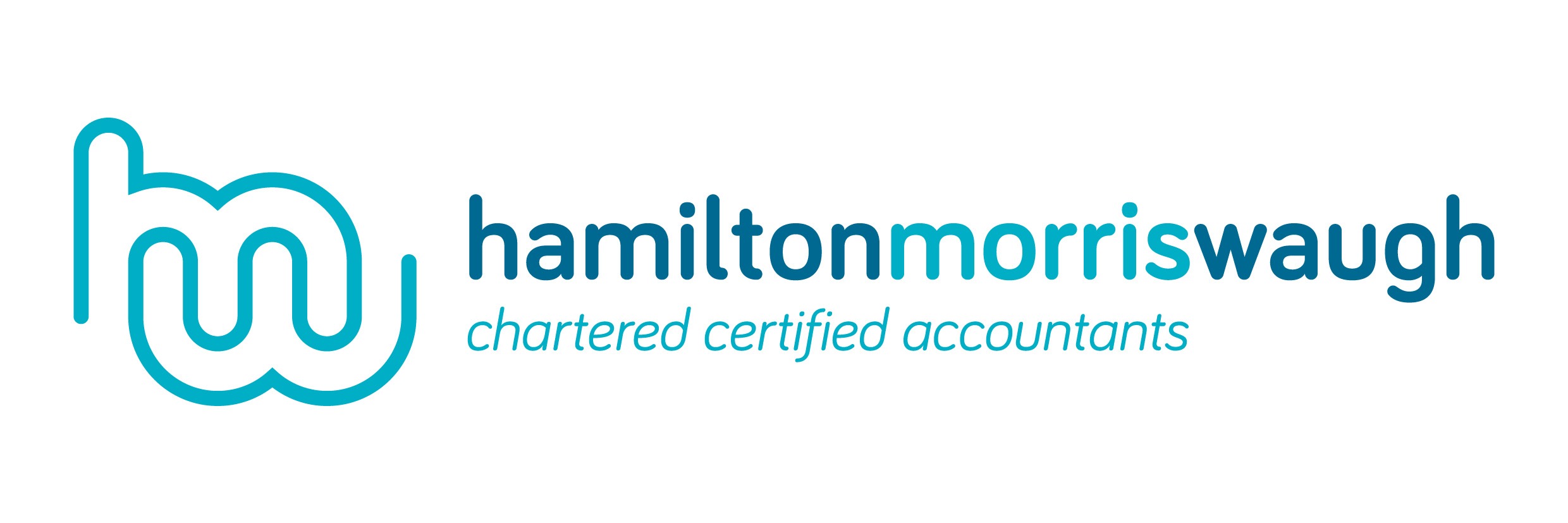At Hamilton Morris Waugh, we understand the unique challenges businesses face. VAT compliance can be particularly daunting, with complex regulations and constant updates. We aim to simplify this process by leveraging advanced technologies. One such tool that has significantly improved our efficiency and accuracy is Dext, a powerful AI-driven platform.
VAT compliance challenges
VAT compliance is a critical aspect of financial management for any business. Yet, it often involves time-consuming tasks such as sorting through receipts and invoices, and ensuring accurate data entry. Many businesses struggle with the following.
- Manual data entry: Traditional methods require a lot of time and are prone to errors.
- Paper-based systems: These systems are inefficient and can lead to lost or misfiled documents.
- Complex regulations: Keeping up with ever-changing VAT regulations can be overwhelming.
- Audit risks: Errors in VAT submissions can result in penalties and increased scrutiny from HMRC.
These challenges not only consume valuable time but also divert attention from core business activities. Our goal is to alleviate these burdens for our clients, allowing them to focus on growing their businesses.
The impact of inefficient VAT processes
nefficient VAT processes can have several negative impacts on a business. First and foremost, manual data entry increases the risk of errors. Mistakes in VAT returns can lead to costly penalties and a loss of trust with HMRC.
Additionally, relying on paper-based systems is not only environmentally unfriendly but also impractical. Important documents can be easily lost or damaged, leading to incomplete records and potential compliance issues.
Keeping up with VAT regulations is another significant challenge. Changes in legislation require constant attention, and failure to comply can result in severe consequences. For family-run businesses, these challenges can be particularly acute, as resources are often limited.
How Dext transforms VAT compliance
Dext, formerly known as Receipt Bank, is a game-changer for VAT compliance. This AI-driven platform automates many of the tedious tasks associated with VAT management, allowing businesses to operate more efficiently and accurately. Here’s how Dext helps.
1. Automating data entry
Dext uses advanced OCR (optical character recognition) technology to extract data from receipts, invoices and other financial documents. This eliminates the need for manual data entry, reducing the risk of errors and saving valuable time. According to Dext, their software can save up to three hours per week for every 20 receipts processed.
2. Real-time data processing
With Dext, documents are processed in real time, ensuring that your financial records are always up-to-date. This allows for more accurate VAT returns and better financial decision-making. Real-time processing also means that you can access your financial data anytime, anywhere, providing greater flexibility and control.
3. Ensuring compliance
Dext keeps track of all your documents and categorises them according to HMRC requirements. This makes it easier to prepare for VAT audits and ensures that you are always compliant with the latest regulations. The platform also provides detailed audit trails, making it easier to trace any discrepancies and provide evidence during audits.
4. Integrating with accounting software
Dext integrates seamlessly with popular accounting software such as Xero, QuickBooks and Sage. This ensures that your financial data flows smoothly between systems, reducing the risk of errors and improving overall efficiency. The integration also allows for automatic reconciliation of transactions, further simplifying the VAT compliance process.
5. Supporting digital record-keeping
In line with HMRC’s Making Tax Digital (MTD) initiative, Dext supports digital record-keeping and submissions. This not only ensures compliance but also makes the entire process more streamlined and efficient. By digitising your financial records, you reduce the risk of lost or damaged documents and improve your ability to manage and retrieve information.
Case study: Transforming a family-run business
To illustrate the impact of Dext, let’s consider a case study from one of our clients, a family-run retail business in Northern Ireland. Before using Dext, the business faced several challenges with VAT compliance. Manual data entry was time-consuming, and paper-based systems made it difficult to keep track of receipts and invoices.
After implementing Dext, the business saw immediate improvements. Automated data entry saved hours of work each week, and real-time processing ensured that financial records were always accurate and up-to-date. The integration with their accounting software streamlined their financial management, and digital record-keeping made it easier to comply with HMRC regulations.
Overall, the business experienced a 40% reduction in time spent on VAT compliance tasks and saw a significant improvement in accuracy. This allowed the owners to focus more on growing their business and less on administrative burdens.
Embracing the future of VAT compliance
At Hamilton Morris Waugh, we believe in the power of technology to transform how businesses operate. Dext has proven to be an invaluable tool for improving VAT compliance, providing our clients with greater accuracy, efficiency and peace of mind.
By automating data entry, ensuring real-time processing and supporting digital record-keeping, Dext addresses many of the challenges associated with VAT compliance. As we continue to work with businesses across Northern Ireland, we are committed to leveraging the best tools and technologies to support their success.
If you are interested in learning more about how Dext can benefit your business, we invite you to contact us for a consultation. Together, we can streamline your VAT compliance processes and help your business thrive.
Heard enough? Contact us today.


